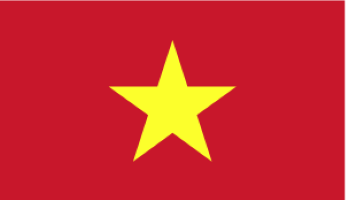Bloomberg oil strategist Julian Lee wrote that the decline in oil prices and the upcoming period of oversupply could create an excellent opportunity to strengthen sanctions on Russian oil supplies, effectively beginning to erode the Kremlin's ability to fund its military actions.
The existing price cap mechanism in the West has not truly limited Moscow's oil revenue. This mechanism was introduced under pressure from the U.S. government, which was concerned that directly targeting Russian oil exports could lead to a surge in oil prices.
However, the concerns that existed when this sanction was first devised two years ago no longer seem as pressing.
Despite the geopolitical tensions in the Middle East being at their most intense in decades, Brent crude prices remain below $75 per barrel and even dipped below $70 per barrel in September. This is more than a 25% drop from the levels when the price cap mechanism was designed.
Sanctions targeting individual tankers violating the price cap have had some success. These ships were initially idle for months after being blacklisted by the U.S., U.K., or EU.
Recently, Moscow has started to bring these vessels back into operation. Restarting these vessels has not impacted the countries allowing them to dock at their ports. But perhaps it is time for intervention.
Sanctioned Tankers Are Being Reactivated
Currently, there are 90 tankers under sanctions from one or more of the U.S., U.K., or EU governments.
Significantly increasing this number—given that there are an estimated 600 ships in the "shadow fleet" used to transport Russian oil—and raising the actual costs of using these ships would strike a heavy blow to Moscow.
Convincing refineries in India and Turkey to stop or reduce imports of Russian crude transported by the shadow fleet would inevitably reduce Russia's oil exports.
According to the International Energy Agency (IEA), withdrawing 1 million barrels of Russian crude per day from the market would only balance supply and demand by the first half of 2025, with little further impact.
In a weak oil market, the price effects are controllable. This makes sanctions' impact on the Kremlin's war funding potentially much more destructive.
Moreover, there is significant spare capacity available to offset any loss in Russian supply.
If OPEC is willing, the group could theoretically increase supply by more than 5 million barrels per day. This is almost double Russia's seaborne crude oil export volume.
Of course, OPEC could choose not to intervene.
Saudi Arabia's relationship with Russia is now much closer than it was in March 2020. At that time, the COVID-19 pandemic caused the oil market to collapse, and Russia rejected an oil production cut proposed by Saudi Arabia and other OPEC countries. This led to a Saudi-led oil price war that triggered a chain reaction in the global oil industry, causing prices to crash.
Now, it is unclear whether Saudi Arabia will choose to side with the U.S. or Russia on oil policy.
The outgoing U.S. President Biden recently indicated that he is prepared to ramp up support for Ukraine before leaving office. Effective sanctions on Russian oil exports would be a boon for Kyiv.
If the West truly wants to target Moscow’s oil revenue, taking action in the weeks leading up to President-elect Trump’s inauguration would be the best opportunity.








